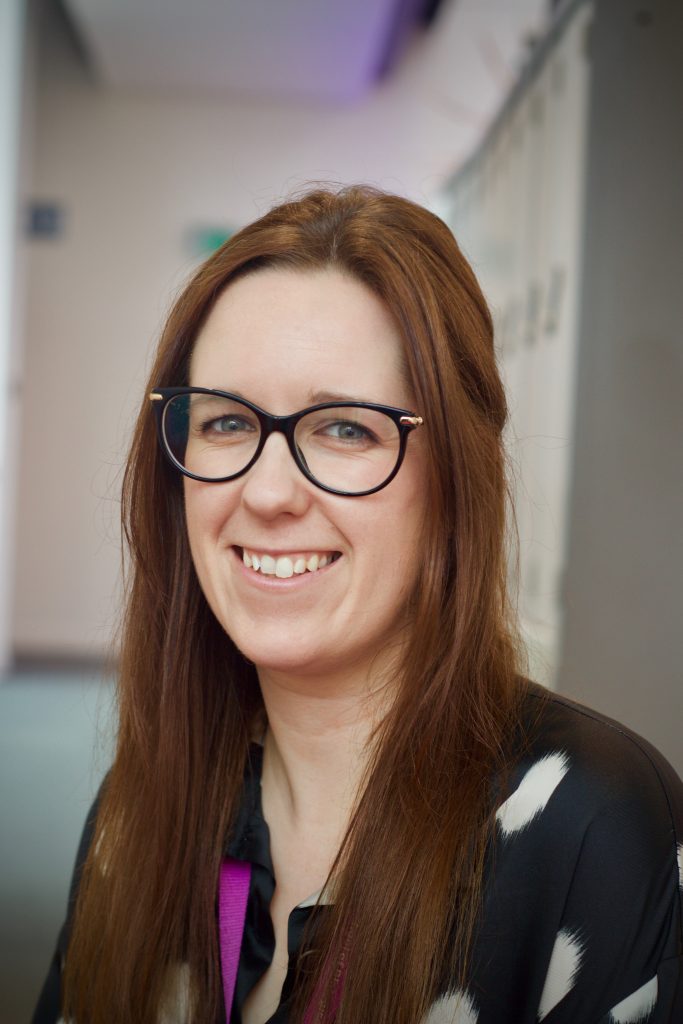
Profile: Dr Grace Mallett
Meet Dr Grace Mallett, a Postdoc in the MacDonald Lab. Here Grace discusses her time as a PhD student at Newcastle University looking at the role innate lymphoid cells (ILCs) play in the tumour microenvironment and her recent research as a Postdoc here at the Becker exploring the cutting-edge world of nanomaterials and their application in cancer treatment. Plus her love for Manchester’s vibrant food scene!
Please introduce yourself and tell us about your background in research
I am currently a Postdoc in Professor Andrew MacDonald’s lab, where I work in collaboration with the Nanomedicine Laboratory run by Professor Kostas Kostarelos on utilising nanomaterials for cancer immunotherapies.
I completed my undergraduate degree in Pharmacology with Physiology here at the University of Manchester where I subsequently stayed to complete my master’s degree in Integrative Biology. After a brief break, I then assumed the role of Research Technician at Newcastle University in the Laboratory of T cell Regulation. My research there primarily focused on investigating the role of programmed cell death -1 (PD-1) in immune regulation, particularly in the role of T cells and innate lymphoid cells (ILCs). Here, we described the role of PD-1 regulation of ILC2s in helminth infection, and this is where my interest in targeting immune regulatory mechanisms therapeutically developed.
My interest in the regulation of ILCs by PD-1 continued to grow and was the focus of my PhD which was funded by DiMeN, part of the Medical Research Council (MRC). My doctoral research extended our prior work but with a specific focus on understanding the critical role of ILCs within the complex tumour microenvironment. My work was concentrated on the importance of how ILCs may influence patient responsiveness in the clinical and whether they were a potential clinical target.
After completion of my PhD, I moved to Manchester for my current Postdoc position with Professor MacDonald. My project is focussed on the utilisation of nanomaterial graphene oxide (GO) as a drug delivery platform for cancer therapeutics. I am looking at how GO can be used in combination with other immunotherapies, such as aPD-1 therapy, to enhance anti-tumour immune responses.
What excites you about your research right now?
I am currently coming to the final stages of our 2D health project on the use of graphene oxide in cancer immunity. It has been an incredibly exciting project to work on, and to be at the forefront of developing the basis for potential future therapeutic agents. It’s been really stimulating to work with individuals outside of the world of immunology in the Nanomedicine team and to not only be able to learn about nanotherapeutics but also to gain a fresh outlook on immunological questions. It’s been a great process to think about the research not only as a basic scientist but also from a translational and clinical perspective, which I think can sometimes be overlooked every day within the lab. I’m excited to see where these new technologies can develop further in the future.
What are your career goals?
My immediate career goals are focused on the successful completion of my current project and concluding the potential use of graphene oxide in cancer immunotherapies. I have loved working on such an interdisciplinary project and is something I would definitely want to pursue moving forward. It provides such a unique opportunity to work with people from different backgrounds and to have a fresh outlook on research problems.
I am hoping to build on the research I have accomplished in order to one day make the transition to lead my own research group. There is still so much yet to discover and understand about how the immune system responds to cancers and how it can be targeted therapeutically. It’s a very exciting field and I hope that I can be part of the future of anti-cancer therapies.
What’s great about immunology at Manchester?
Manchester Immunology is fantastically collaborative. There is a wide range of research being carried out within the Lydia Becker Institute and beyond, with each team bringing their own expertise. There is a very positive attitude to working together to answer complex problems, which means that everyone can benefit from the vast range of knowledge here. I have learnt so much by working in this environment which is very inclusive and friendly!
There are regular seminars from both internal and external speakers which keeps everyone up to date and highlights individual expertise. There is a great social community for PhD/Postdocs which is a great way to get to know people and also makes collaboration a little less daunting!
What do you enjoy doing in your free time?
I try and keep active where as well as gym training, I play weekly with the Lydia Becker Beginners Football Team which is fantastic fun and a great way to get to know other people in the department.
I have tried to make the most of being in this amazing city and exploring what Manchester and the surrounding area have to offer, particularly the great variety of food that is available. Chester Zoo is also surprisingly close! My partner is based in the North East, so I spend a lot of my free time traveling back and spending time along the Northumberland coastline.
Follow Grace on Twitter: @GraceEvelynM
Photo: Brian Chan






0 Comments